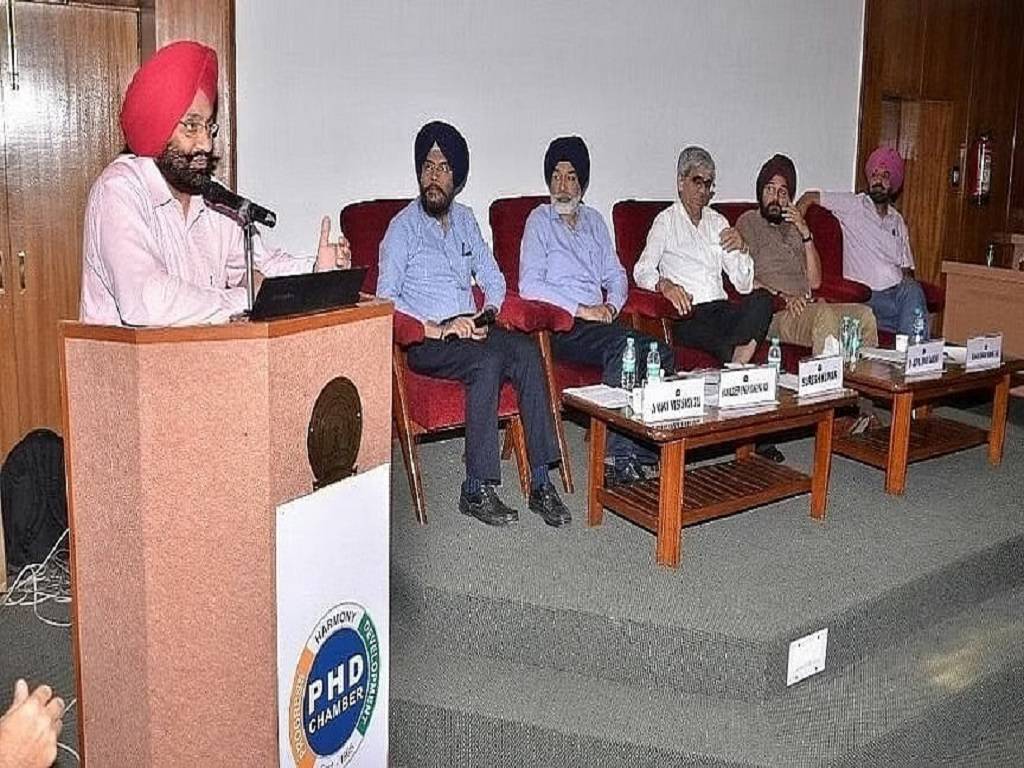
Jagmohan Singh Nagi, a native of Batala in Punjab, had a keen interest in farming and the food industry from a young age. His father wanted his son to go into the food industry because he used to repair flour mills.
Kulwant Nutrition, which began in 1989 with a single plant and maize crops, has expanded into a business with a revenue of more than Rs 7 crore.
On 300 acres of land, Jagmohan (63), a contract farmer, raises vegetables like carrot, cauliflower, tomato, and beetroot as well as grains like corn, mustard, and wheat.
In Punjab and Himachal Pradesh, he has collaborated with 300 farmers to provide food to PepsiCo, Kellogg's, and Domino's Pizza. Additionally, he sends his products to Dubai, Hong Kong, New Zealand, and England.
Establishing the Corn Kingdom
"My family used to live in Karachi before the division. After that, my father relocated to Mumbai before settling in Punjab. Despite the need, there weren't many individuals available to repair flour mills at the time. So, my father chose to pursue it," the agripreneur explains.
The Father of Jagmohan wanted him to work in the food industry. But as there were no programs available in Punjab at the time, he attended the University of Birmingham in the UK to study engineering and food cereal milling.
He founded Kulwant Nutrition, an agribusiness, after moving back to India. He had a rough start because he couldn't get a good maize crop.
"I started a plant, but Punjab at the time didn't have a good maize crop. I began ordering grain from Himachal Pradesh but shipping was exceedingly expensive. Through the university-industry link, we collaborated with Punjab Agricultural University to obtain a good yield. The institution would provide farmers with high-quality seeds, and I would purchase their products," claims the 63-year-old.
Kellogg's was one of his first clients.
In order to cultivate the crop himself, Jagmohan began contract farming in 1991 and gradually switched to doing so.
He began working with PepsiCo in 1992, providing corn for their Kurkure snack. He claims that he had a monthly need for close to a thousand tons of corn. He began providing Domino's Pizza as well in 1994. In 2013, he started growing other vegetables and entered the canned food business.

Pivoting his business in COVID
Even though his company was flourishing, the pandemic presented a number of difficulties for this agribusinessman.
"Covid had a serious impact on the supply chain. While many manufacturers and businesses closed, grocery stores carried on because they were considered important services. I, therefore, started concentrating on food items like organic corn and wheat flour. I also intend to start manufacturing mustard oil, as well as cultivating rice and chia seeds, in order to scale this up," says Jagmohan.
Through his business, he employs 70 people and offers farmers and agriculture students free training. He shows farmers how to market their produce effectively and helps them in learning modern farming techniques.
“I've known Jagmohan for a very long time. He has shown me how to market my produce and make them into items with value added. He says that making ghee or curd out of milk would be more profitable. He also purchases goods from me for his grocery store,” said farmer Satbir Singh.
According to Jagmohan, "The government must offer incentives and promote agriculture-based businesses at a local level to motivate the youth to farm. Additionally, they need to support innovations focused on agriculture and food security.”
Furthermore, he urged farmers to strictly adhere to instructions in order to achieve their goals and avoid suffering losses.
“Farmers should avoid following trends and instead select crops that thrive in their region. They will benefit financially from this,” he claims.











